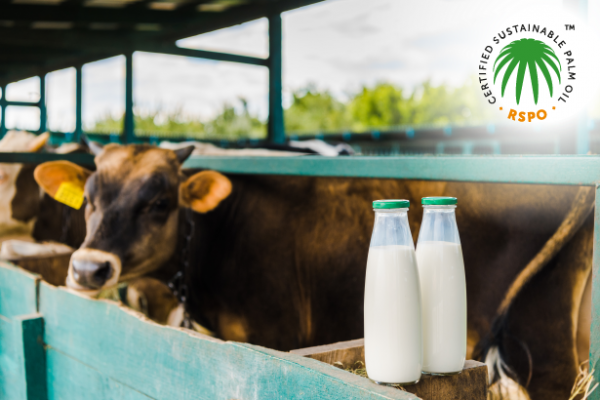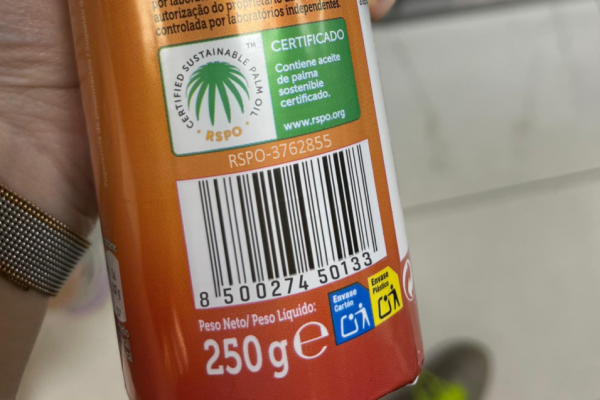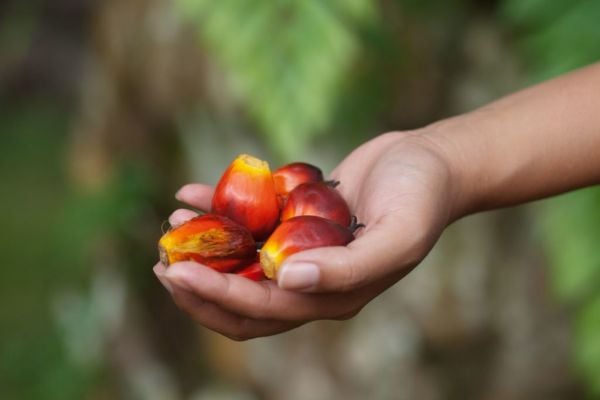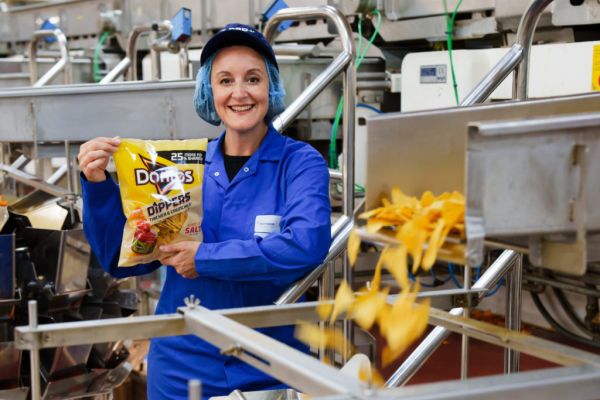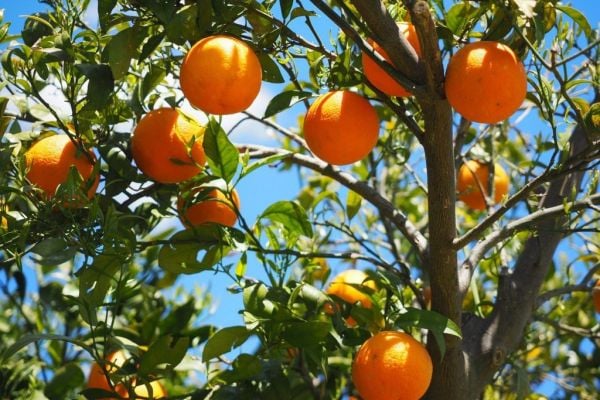With growing concerns about climate change and biodiversity loss, there is an urgent need for agricultural commodities to be produced sustainably.
When it comes to sourcing certified sustainable palm oil, there is still much room for improvement in the animal feed sector.
In 2020, only 3% of the 1.9 million metric tonnes of Palm Kernel Expeller (PKE) used in the European feed sector were covered by RSPO Credits and RSPO Independent Smallholder Credits, with no physical certified-sustainable PKE material used.
In a recent webinar hosted by the Roundtable on Sustainable Palm Oil (RSPO), the non-profit Environmental Action Germany (Deutsche Umwelthilfe – DUH) presented its Feed Radar report on the engagement and challenges of the feed supply chain, including 18 retailers and wholesalers in Germany.
The animal feed sector has the third-largest share of Germany’s palm oil consumption, after the energy and food sectors.
Since 2017, the sector has lagged behind a target set by the German government in 2014, to voluntarily switch to 100% sustainable, deforestation-free palm oil by 2020.
While 90% of palm oil used as an ingredient in foods is sourced from certified plantations, the share of certified sustainable palm oil in animal feed is only 25%.
Sourcing sustainable palm oil ingredients is more challenging in the animal feed sector, for several reasons.
Since feed products do not end up on the consumer’s plate, the ingredients in animal feed receive less scrutiny and, therefore, have less visibility.
Secondly, palm oil ingredients are not among the most-used commodities in feed, so companies often focus on sustainability efforts elsewhere – for example, soy.
Additionally, as the feed sector is an entirely separate supply chain, retailers must engage different suppliers in the sustainability dialogue.
At the webinar, RSPO member and German retailer Lidl described its commitment to sourcing certified sustainable palm oil in its feed supply chain.
The retailer first determined the palm oil usage and footprint in its supply chain.
To reduce the environmental impact of meat, the retailer promotes alternatives, such as meat and dairy substitutes, made from raw vegetable materials.
Where palm oil is used in animal feed, it is fully compensated with RSPO Independent Smallholder Credits.
In addition, Lidl is increasing its engagement in sectoral initiatives, like the Forum for Sustainable Palm Oil (FONAP).
While the report shows that there is a gap in the feed sector, there are examples of retailers stepping up their sustainability commitment.
RSPO stands ready to support its members and the entire supply chain to make the transition to 100% certified sustainable palm oil in animal feed a reality.
For more information and to request a copy of the webinar, write to [email protected].
© 2022 European Supermarket Magazine – your source for the latest supply chain news. Sponsored post. Click subscribe to sign up to ESM: European Supermarket Magazine.
